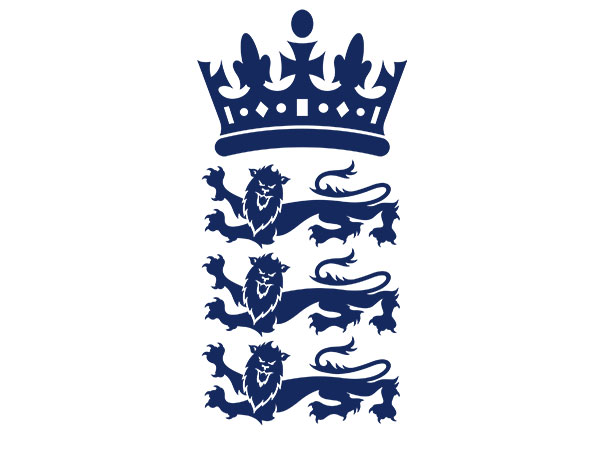ECB Aligns with ICC Policy: Trans Women Banned from National Women's Cricket
The England and Wales Cricket Board (ECB) has banned trans women, post-male puberty, from women's national cricket, aligning with ICC's guidelines. The policy, effective from 2025, aims to maintain international standard consistency. Recreational level cricket remains unaffected, promoting inclusivity while addressing fairness concerns.

- Country:
- United Kingdom
The England and Wales Cricket Board (ECB) has decided to prevent trans women who underwent male puberty from participating in women's cricket for national teams. This decision comes as ECB aligns itself with the International Cricket Council (ICC) policy, updated last year, to exclude such individuals from international cricket, based on a report by Wisden. The policy change follows an extended consultation process, prompted by the ICC's 2022 announcement.
In a statement, the ECB mentioned, "After gathering diverse opinions during consultations and evaluating scientific and medical evidence, we will adopt the ICC's approach for professional women's domestic cricket from 2025." The ECB emphasized the aim for consistency, as domestic structures are a pathway to international cricket. The specific policy details will be refined in upcoming months through stakeholder consultations, targeting implementation for the 2025 domestic season. It will apply to both Tier 1 and Tier 2 of the newly structured women's domestic competitions, as well as The Hundred Women's competition.
Previously, the ECB allowed trans women to participate in women's professional competitions with clearance granted on a case-by-case basis. This new policy won't affect recreational cricket, which will continue to allow players to compete based on their self-identified gender. While aligning with the ICC, this decision contrasts with other cricket boards, such as Cricket Australia, which imposes different criteria based on testosterone levels for transgender players.
In its conclusion, the ECB acknowledged the complexities of transgender participation, noting diverse, strongly held opinions. "We strive for an inclusive environment in our sport. We believe this decision balances fairness in elite cricket while promoting inclusivity at recreational levels," the statement concluded.
(With inputs from agencies.)










